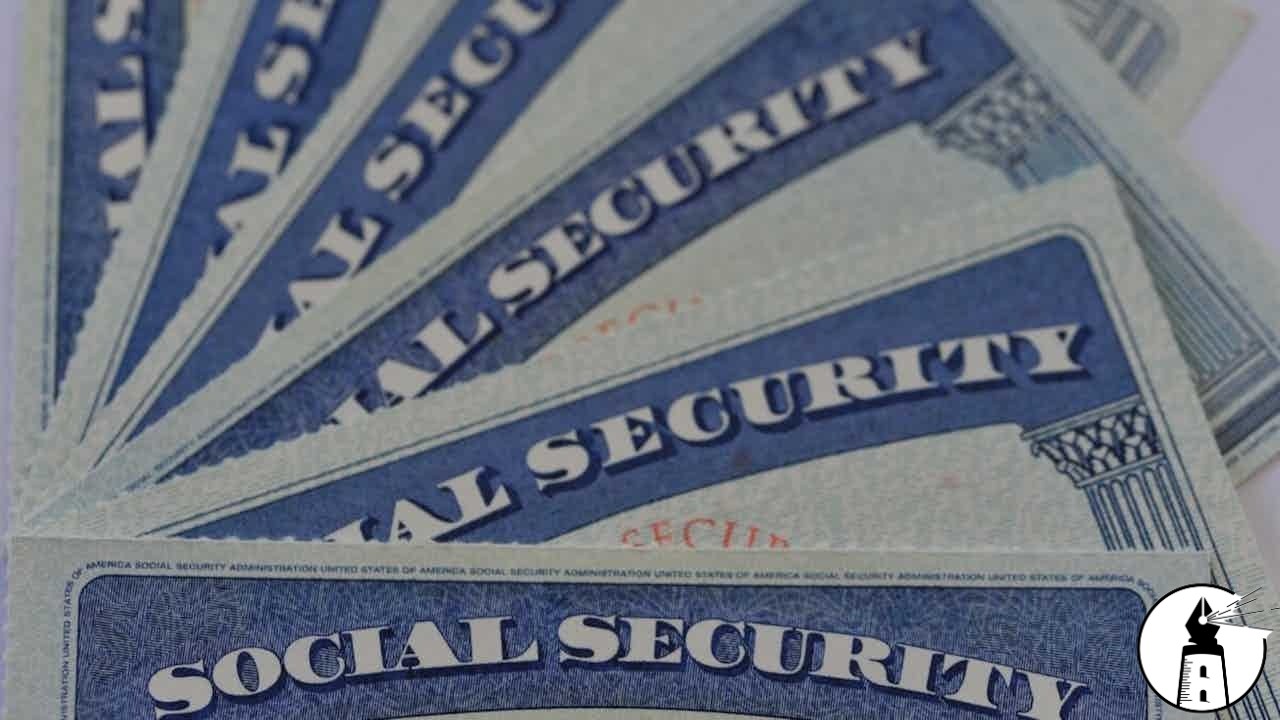The story of Federico Arellano Jr. and his family is a heartbreaking reminder of the flaws in the United States immigration system. Federico, a U.S. citizen, recently watched helplessly as his wife, Christina Salazar, and their four young children, including newborn twins, were deported to Mexico. The family’s ordeal highlights the damaging consequences of rigid bureaucracy, a system that too often disregards the humanity of the people caught in its web.
Christina Salazar, a non-citizen, missed an immigration court hearing because she was undergoing an emergency cesarean section to deliver her premature twins. Despite notifying authorities and requesting a rescheduling, the family was met with cold procedural enforcement rather than compassion. ICE agents arrested Christina and her children during a scheduled meeting, leaving them stranded in Mexico without essential supplies or support. This devastating separation underscores how immigration policies disproportionately harm the most vulnerable among us, turning a blind eye to the complexities of real-life emergencies.
This case is not unique. Countless families, often with no criminal history and strong ties to their U.S. communities, are torn apart every year due to minor procedural missteps or bureaucratic oversights. These deportations often hinge on technical violations or missed deadlines, as though human lives are nothing more than numbers on a checklist. The reliance on middlemen, whether agents or caseworkers, to enforce these policies creates further inconsistencies, leaving families at the mercy of individuals who may lack empathy or understanding.
A System Stacked Against the Disadvantaged
The deportation of Christina Salazar and her children illustrates the disproportionate impact of immigration policies on disadvantaged families. Many immigrants lack the resources to navigate the labyrinthine legal system, making it almost impossible to avoid mistakes. Language barriers, limited access to quality legal representation, and the sheer complexity of the process set many immigrants up for failure. For families like Federico’s, these hurdles can mean losing everything.
Christina’s deportation was not only a legal failure but a moral one. Her children, including her U.S. citizen twins, are now facing medical challenges in Mexico without access to the care they need. Her story reveals an uncomfortable truth: the system prioritizes enforcement over the well-being of families. How can we justify a process that treats new mothers and their infants as criminals while separating them from their support systems?
Looking Ahead: A Warning for the Future
This case also serves as a sobering warning about what’s to come. With the impending return of Trump’s administration, we can expect an even harsher stance on immigration. The previous Trump administration’s policies, marked by mass deportations and family separations, showed little regard for the human cost of enforcement. If these policies are reinstated, more families like Federico’s will be torn apart, treated as statistics rather than as people.
America’s strength has always been its diversity and its capacity for compassion. Immigrants contribute to our society in countless ways, enriching our culture and bolstering our economy. Families like Federico’s should be welcomed, not cast aside. The children deported with Christina, U.S. citizens, represent the future of this country. They deserve better.
A Call for Change
The immigration system needs a complete overhaul. At its core, it must prioritize humanity over bureaucracy. This means ensuring that families have access to legal resources, recognizing the validity of emergencies, and stopping the cruel practice of separating families. We need lawmakers to act now, not only to reunite Federico’s family but also to create policies that prevent such tragedies from happening in the first place.
As we reflect on this family’s heartbreaking story, let’s remember that behind every deportation is a human being with dreams, struggles, and a deep love for their family. America can and must do better. If we fail to act, we risk losing not just our compassion but the very values that define us as a nation.
—By Greg Collier



